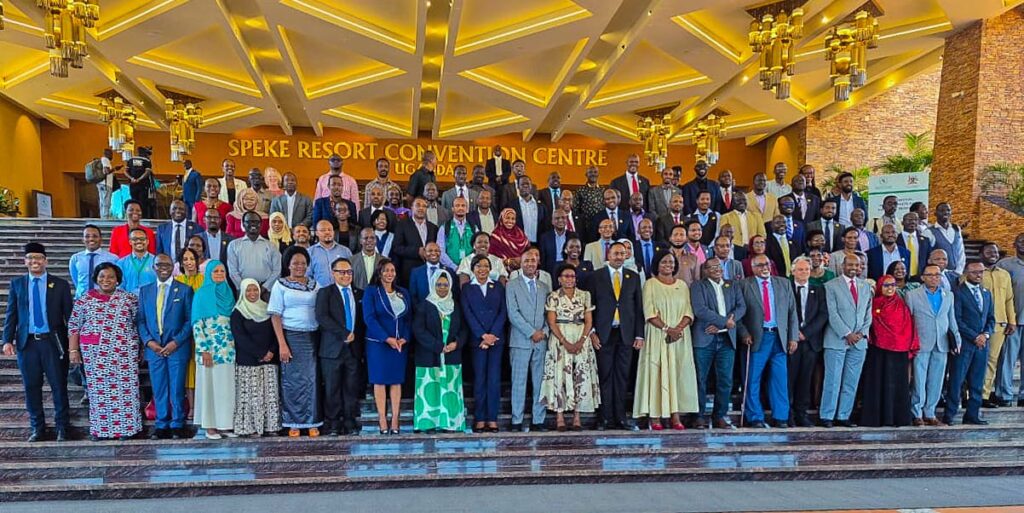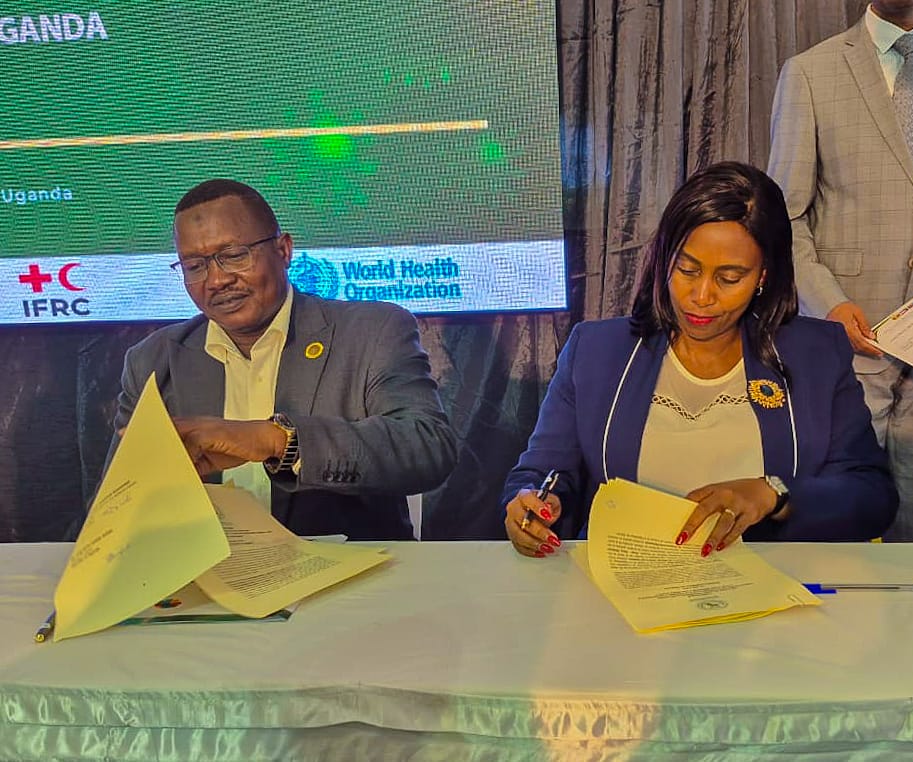
Kenya has reaffirmed its commitment to strengthening regional health security as the Intergovernmental Authority on Development (IGAD) launched a new Pandemic Preparedness and Response Initiative (PREPARE) in Uganda on Friday.
Principal Secretary for Public Health and Professional Standards, Mary Muthoni, said the COVID-19 pandemic exposed the fragility of health systems across the region, underscoring the need for collective action.
“Pandemics do not respect borders. If we want to protect our people and our economies, we must work together through early detection, proactive preparation, and rapid response,” she told delegates at the Speke Munyonyo Resort Conference Center.
The initiative will boost the region’s ability to detect, respond to, and manage future pandemics by strengthening surveillance networks, healthcare infrastructure, supply chains, and community participation.

Muthoni noted that Kenya’s health sector reforms and investments in primary health care and surveillance systems have positioned the country as a strong partner in regional health security.
She stressed, however, that pandemic preparedness must be a collective responsibility, not left to governments alone. “Communities, civil society, development partners, and the private sector all have a critical role to play,” she added.
Kenya’s focus will include cross-border health cooperation, particularly in high-traffic trade and migration corridors where disease outbreaks spread quickly. Through IGAD, the country hopes to harmonize travel and trade policies, coordinate joint surveillance, and align contingency plans with its neighbors.
The PS welcomed support from development agencies and partners, saying their input would be key to making the initiative sustainable.
The launch closed with IGAD member states adopting a One Health framework that integrates human, animal, and environmental health in pandemic preparedness strategies.
“This project strengthens our constitutional obligation to protect citizens while aligning Kenya with regional standards of preparedness,” Muthoni said. “Together, we can create a healthier and more resilient IGAD region.”


